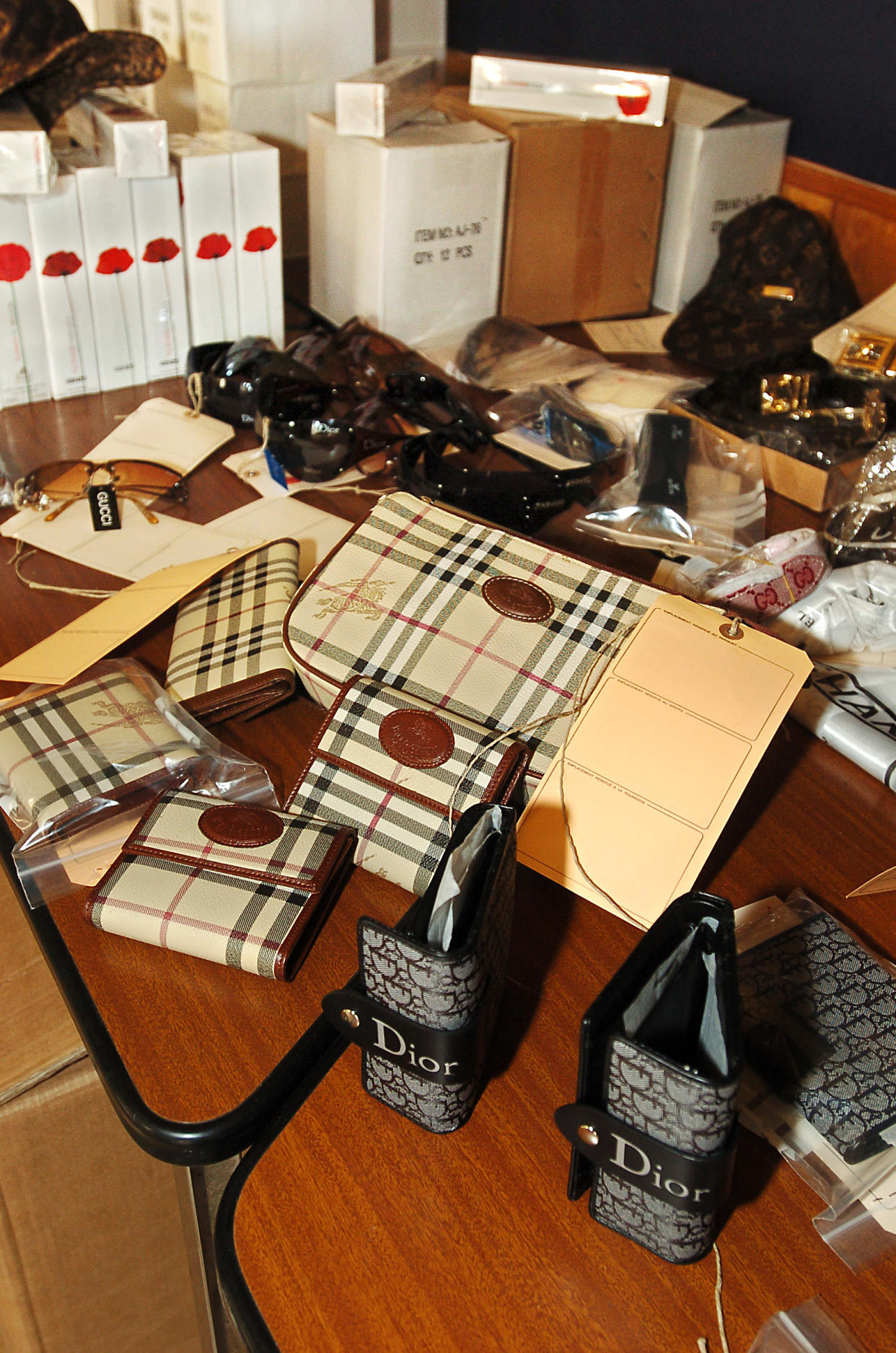Online counterfeit market beating out street sales: US

Street sellers of counterfeit brand-name perfumes and purses will soon see their illegal market overtaken by the Internet, a new US report on pirated intellectual property said Monday.
The US Trade Representative's annual Special 301 report -- which designates the world's worst offenders of US intellectual property rights -- said there was "sustained growth" in copyright and trademark piracy "in virtually all formats."
But increasingly the Internet is the sales medium instead of mall shops and street carts, it said, and crackdowns on Internet sellers on one website just push them to another.
"Continued growth in the online sale of pirated and counterfeit hard goods that will soon surpass the volume of such goods sold by street vendors and in other physical markets," the report said.
"Enforcement authorities, unfortunately, face difficulties in responding to this trend."
It said that in China, perennially branded one of the worst sources of piracy, even though web portals have bowed to pressure and tried to shut down sellers, the pirated goods sellers just crop up on new sites hawking the same goods.
"Even though major online sellers and distributors seem to be making efforts to ensure that the content available on their websites is legal, more than 75 percent of illicit sellers have reportedly re-listed the infringing goods," the USTR office said in the report.
It also said that a rise in the use of legitimate courier services to deliver bogus label goods is "making it more difficult for enforcement officials to detect these goods."
Another growing trend is separating the shipping of the goods and their labels for reassembly in the end-market country.
The US added Ukraine for the first time as expanded its "priority watch" list of the most egregious offenders and non-protectors of US intellectual property rights to 13.
On the list are China, Russia, Algeria, Argentina, Canada, Chile, India, Indonesia, Israel, Pakistan, Thailand, Ukraine and Venezuela.
Some like China are major exporters of bogus goods, while Canada is faulted mainly for not having adequate legislation and for its weak law enforcement that allows transshipment of pirated and counterfeited goods.
A secondary "watch" list of offenders included 26 countries, with Malaysia and Spain both dropped due to legislation the US said increased the protection of copyrights.
In both countries the US said it remains concerned about enforcement.

